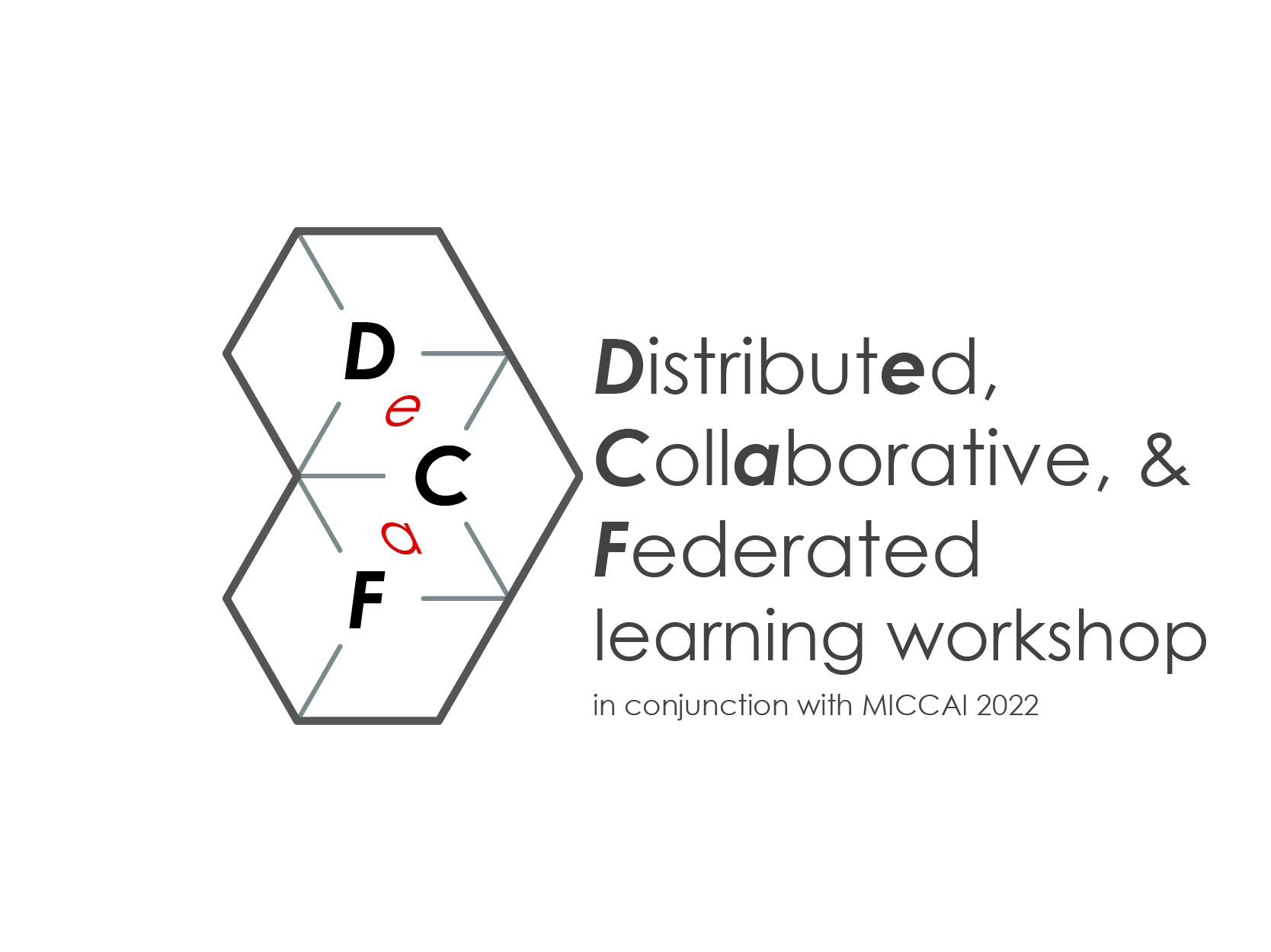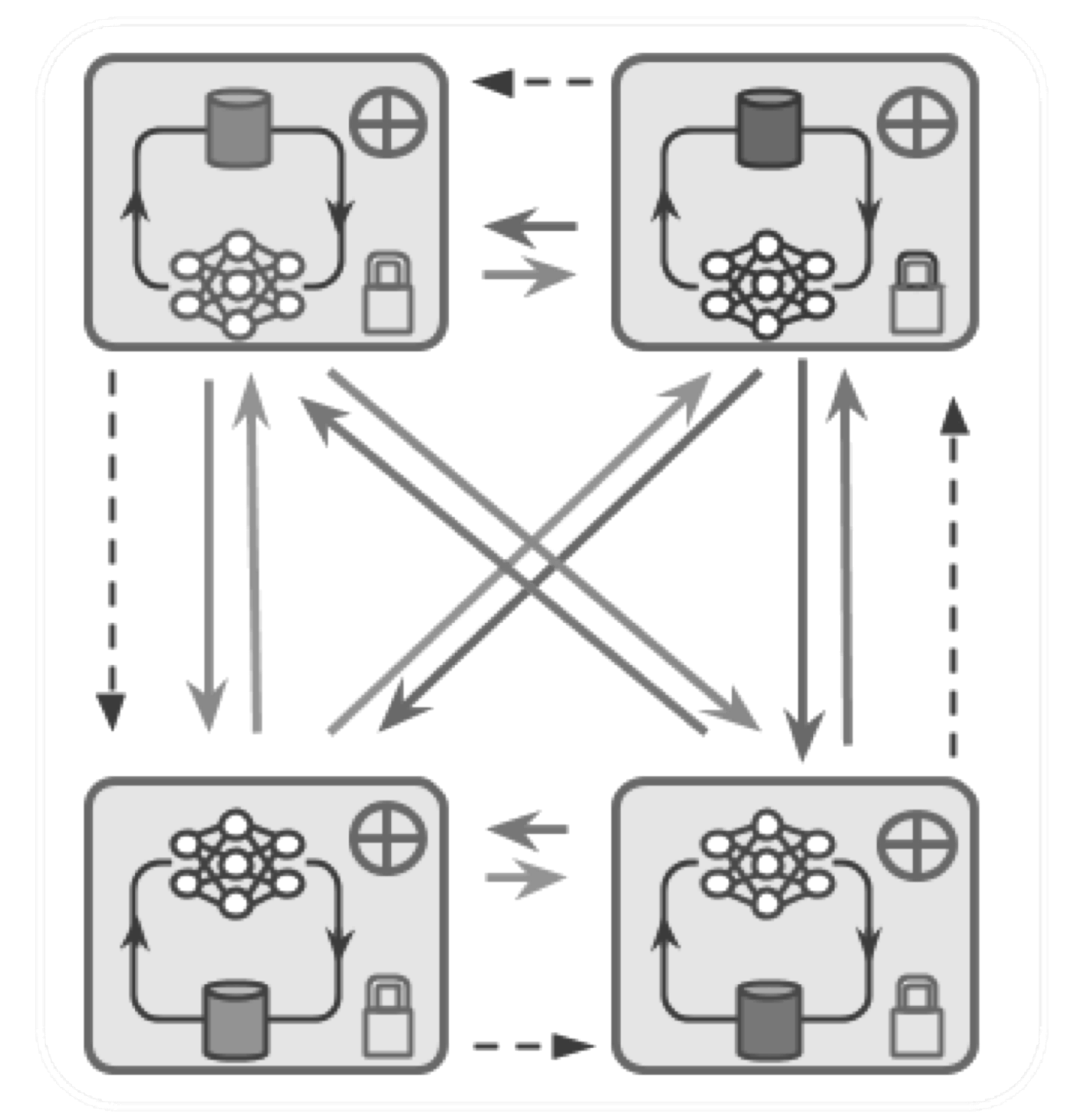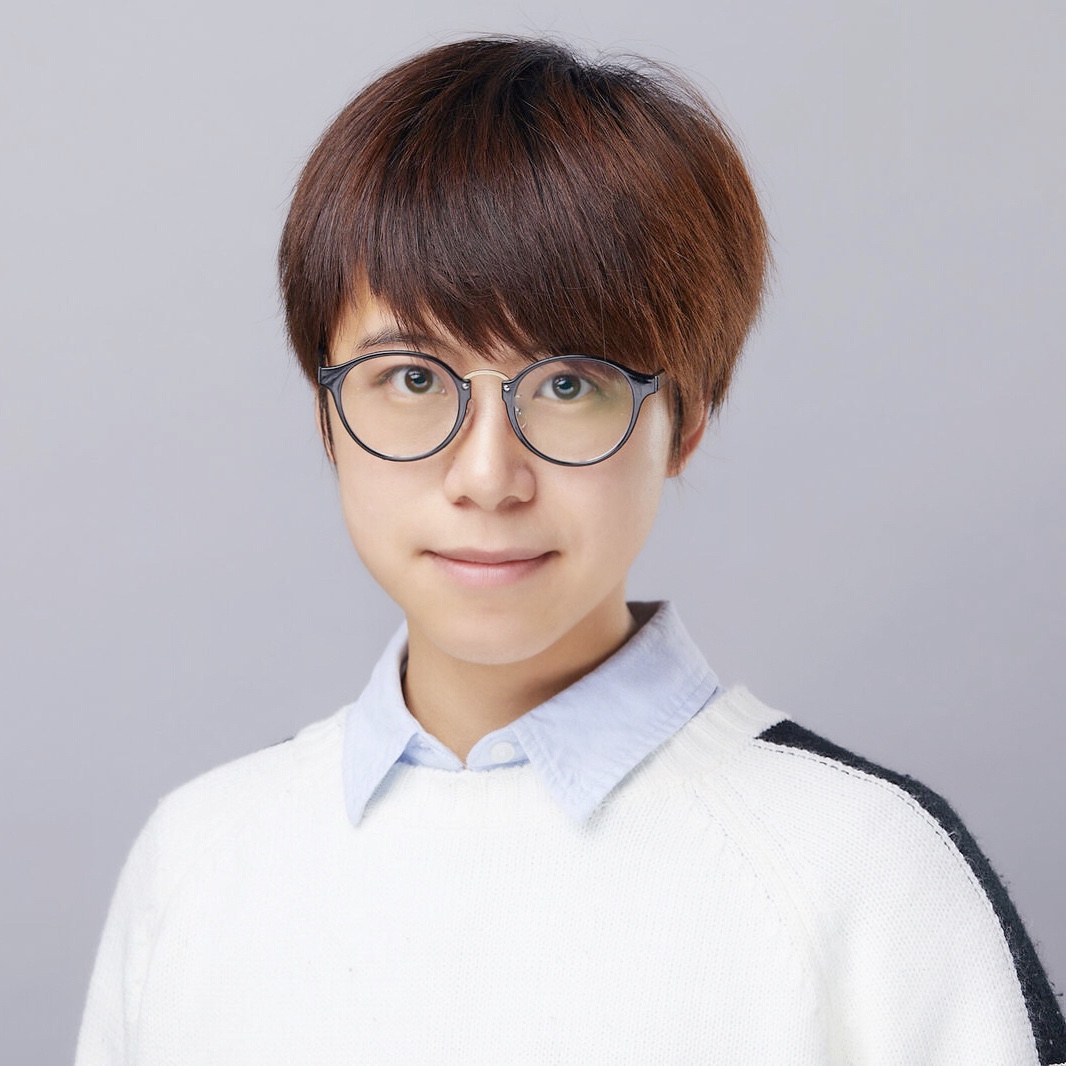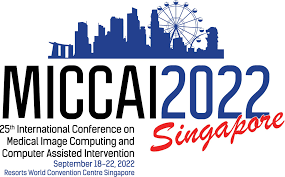
3rd MICCAI Workshop on
“Distributed, Collaborative and Federated Learning”

Important Dates
- Submission Deadlines: 2nd of July 2022 AOE (updated)
- Notification of Acceptance: 22nd of July 2022
- Camera Ready: 30th of July 2022
- Workshop Date: 22nd of September 2022
News
[May] Call for papers and reviewers!
[May] Our keynote speakers are confirmed! We are happy to welcome Qi Dou (CUHK) and Georgios Kaissis (TUM).
[May] Submission is open on CMT system.
[March] The DeCaF Workshop has been approved for MICCAI 2022
Distributed, Collaborative and Federated Learning
Deep learning, AI's fastest-growing field, empowers enormous advances in applications in both science and real-world scenarios. It has reached a consensus that models could be further improved with a growing amount of data. However, enabling learning on these huge datasets or training huge models in a timely manner requires distributing the learning on several devices. One particularity in the medical imaging setting is that data sharing across different institutions often becomes impractical due to strict privacy regulations as well as data ownership concerns, making the collection of large-scale diverse centralized datasets practically impossible.
Some of the problems, therefore, become: how can we train models in a federated way on several devices? And is it possible to achieve models as strong as those that can be trained on large centralized datasets without sharing data and breaching the restrictions on privacy and property? How can we ensure data privacy and mode generalizability? Federated learning (FL) allows different institutions to contribute to building more powerful models by performing collaborative training without sharing any training data. The trained model can be distributed across various institutions instead of the actual data. We hope that with FL and other forms of distributed and collaborative learning, the objective of training better and more robust models with higher clinical utility while protecting the privacy within the data can be achieved.
Call for Papers
Through the third MICCAI Workshop on Distributed, Collaborative and Federated Learning (DeCAF), we aim to provide a discussion forum to compare, evaluate and discuss methodological advancements and ideas around federated, distributed, and collaborative learning schemes that are applicable in the medical domain. We invite full paper (8-page) submissions using the MICCAI 2022 template through CMT (https://cmt3.research.microsoft.com/DeCaF2022/). Topics include but are not limited to:
- Federated, distributed learning, and other forms of collaborative learning
- Server-client and peer-to-peer learning
- Advanced data and model parallelism learning techniques
- Optimization methods for distributed or collaborative learning
- Privacy-preserving technique and security for distributed, federated, and collaborative learning
- Efficient communication and learning (multi-device, multi-node)
- Adversarial, inversion and other forms of attacks on distributed , federated, and collaborative learning
- Dealing with unbalanced (non-IID) data in federated and collaborative learning
- Diverse decentralized medical imaging data analysis
- Security-auditing system for federated learning
- Asynchronous learning
- Software tools and implementations of distributed, federated, and collaborative learning
- Model sharing techniques, sparse/partial learning of models
- Applications of federated/distributed/collaborative learning techniques: multi-task learning, model agnostic learning, meta-learning, etc.
Program
Keynote Session
Qi Dou
The Chinese University of Hong Kong
Dr. Qi DOU is an Assistant Professor with the Department of Computer Science and Engineering at The Chinese University of Hong Kong. She is also an Associate Member of T Stone Robotics Institute and Multi-Scale Medical Robotics Center at CUHK. Her research focuses on interdisciplinary innovations across medical image analysis, machine learning, surgical data science and medical robotics, with an impact to support demanding clinical workflows for improving patient care. Dr. Dou has won the IEEE-EMBS TBME Best Paper Award 2nd Place 2021, IEEE ICRA Best Paper Award in Medical Robotics 2021, MICCAI Young Scientist Publication Impact Award Finalist 2021, HKIS Young Scientist Award 2018, and MICCAI-Medical Image Analysis Best Paper Award 2017. Dr. Dou serves as the Associate Editor for Journal of Machine Learning for Biomedical Imaging, Computer Assisted Surgery, and Medical Physics. She also serves as the Program Co-chair of MICCAI 2022, MIDL 2022 & 2021 and IPCAI 2023.
Topic: Federated Learning for Collaborative Development and Validation of AI Models on Medical Images
Abstract: Artificial intelligence (AI) has been transforming healthcare with recent advancements in automated diagnosis and precise intervention technologies. Multi-centre study is increasingly important to scale up AI for medical imaging applications which have demonstrated potential clinical usefulness on single centre dataset. However, big data collection and resource sharing could face with practical concerns, and it often takes time to resolve ethical and privacy related issues. Federated learning, as an emerging distributed learning paradigm, allows multiple medical institutions to collaboratively train AI models without the need of putting all the collected data in one place. This significantly facilitates AI research and development in healthcare domain, which need to involve multiple centres and access large-scale data. In this talk, I will present our team’s work on federated learning for medical image analysis. First, two international federated learning studies will be showcased in which CUHK played a core role. The results have confirmed that federated training enables big data and improves performance of models. Second, I will present a series of novel methods which helps combat problems of distribution shift and limited annotations across participant clients, in order to make federated training more robust in the real-world scenarios. Third, I will demonstrate how to generalize the learned federated models to new dataset from hospitals which are not initially included in the federation, in order to validate the models on a larger scale. In addition, the challenges, up-to-date progresses and promising future directions of federated learning in healthcare will also be discussed.

Georgios Kaissis
Technical University of Munich
Dr Georgios Kaissis leads the Privacy-Preserving and Trustworthy Artificial Intelligence Group at the Institute for AI in Medicine, Technical University of Munich and the Reliable AI Group at Helmholtz Zentrum Munich. His interests revolve around privacy-preserving artificial intelligence techniques with a special focus on Differential Privacy and its applications to deep learning, as well as around probabilistic deep learning techniques.
Topic: But what even is “privacy”?
Abstract: Privacy-preserving AI techniques are rapidly establishing themselves in healthcare and other fields with sensitive data. However, to be optimally employed, practitioners should have an understanding of what is actually being protected. This talk will discuss how we arrived at contemporary notions of computational privacy and how various techniques such as distributed learning, differential privacy and cryptography protect it.

Meet the Organising Team
Contact: xiaoxiao.li(at)ece.ubc.ca
Shadi Albarqouni
University Hospital Bonn, Helmholtz Zentrum München, Germany


M. Jorge Cardoso
King’s College London

Nicola Rieke
NVIDIA

Daguang Xu
NVIDIA

Chen Qin
Imperial College London
Spyridon Bakas
University of Pennsilvania

Bennett Landman
Vanderbilt University

Xiaoxiao Li
University of British Columbia

Holger Roth
NVIDIA


Sponsor
NVIDIA sponsors a GPU for the DeCaF best paper award.
Submission Guidelines
Format: Papers will be submitted electronically following Lecture Notes in Computer Science (LNCS) style of up to 8 + 2 pages (same as MICCAI 2022 format). Submissions exceeding page limit will be rejected without review. Latex style files can be found from Springer, which also contains Word instructions. The file format for submissions is Adobe Portable Document Format (PDF). Other formats will not be accepted.
Double Blind Review: DeCaF reviewing is double blind. Please review the Anonymity guidelines of MICCAI main conference, and confirm that the author field does not break anonymity.
Paper Submission: DeCaF uses the CMT system for online submission.
Supplemental Material: Supplemental material submission is optional, following same deadline as the main paper. Contents of the supplemental material would be referred to appropriately in the paper, while reviewers are not obliged to read them.
Submission Originality: Submissions should be original, no paper of substantially similar content should be under peer review or has been accepted for a publication elsewhere (conference/journal, not including archived work).
Proceedings: The proceedings of DeCaF 2022 will be published as part of the joint MICCAI Workshops proceedings with Springer (LNCS)

